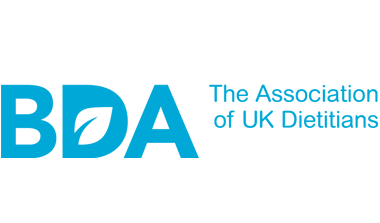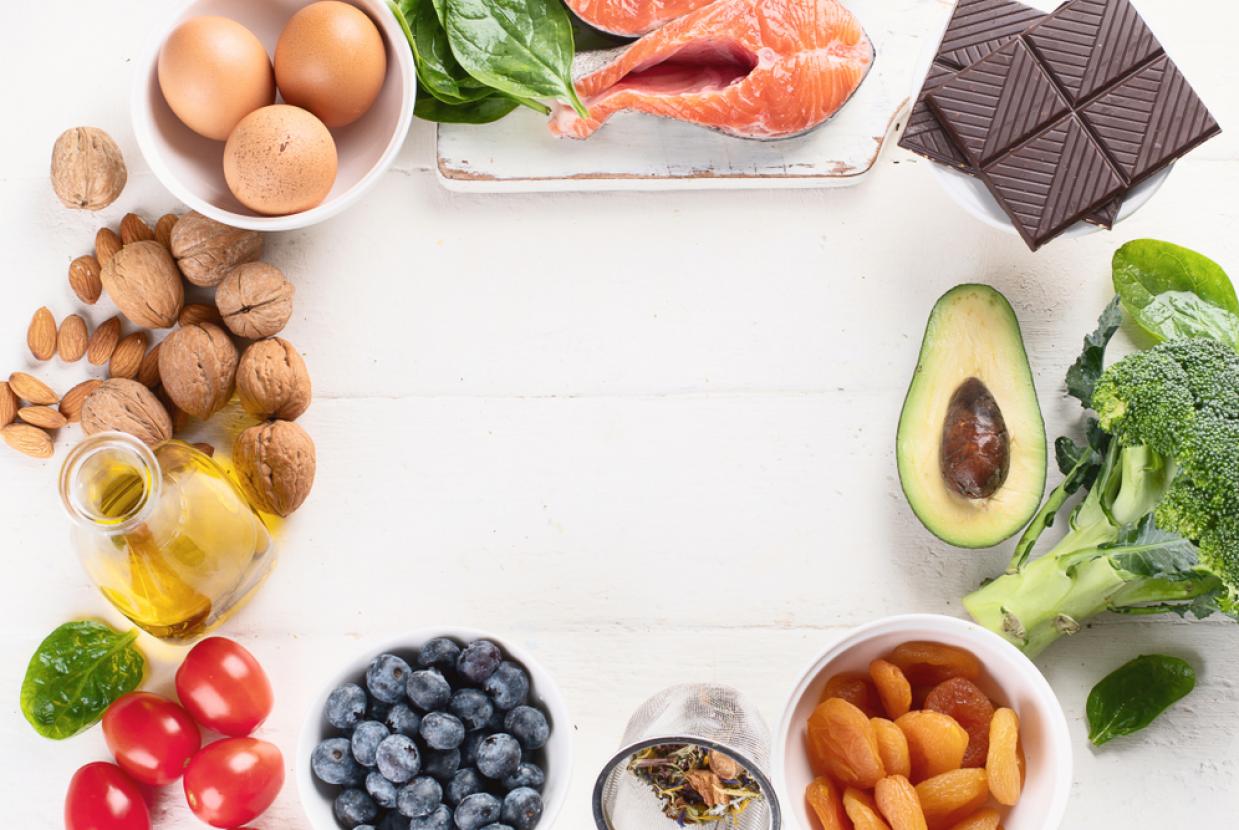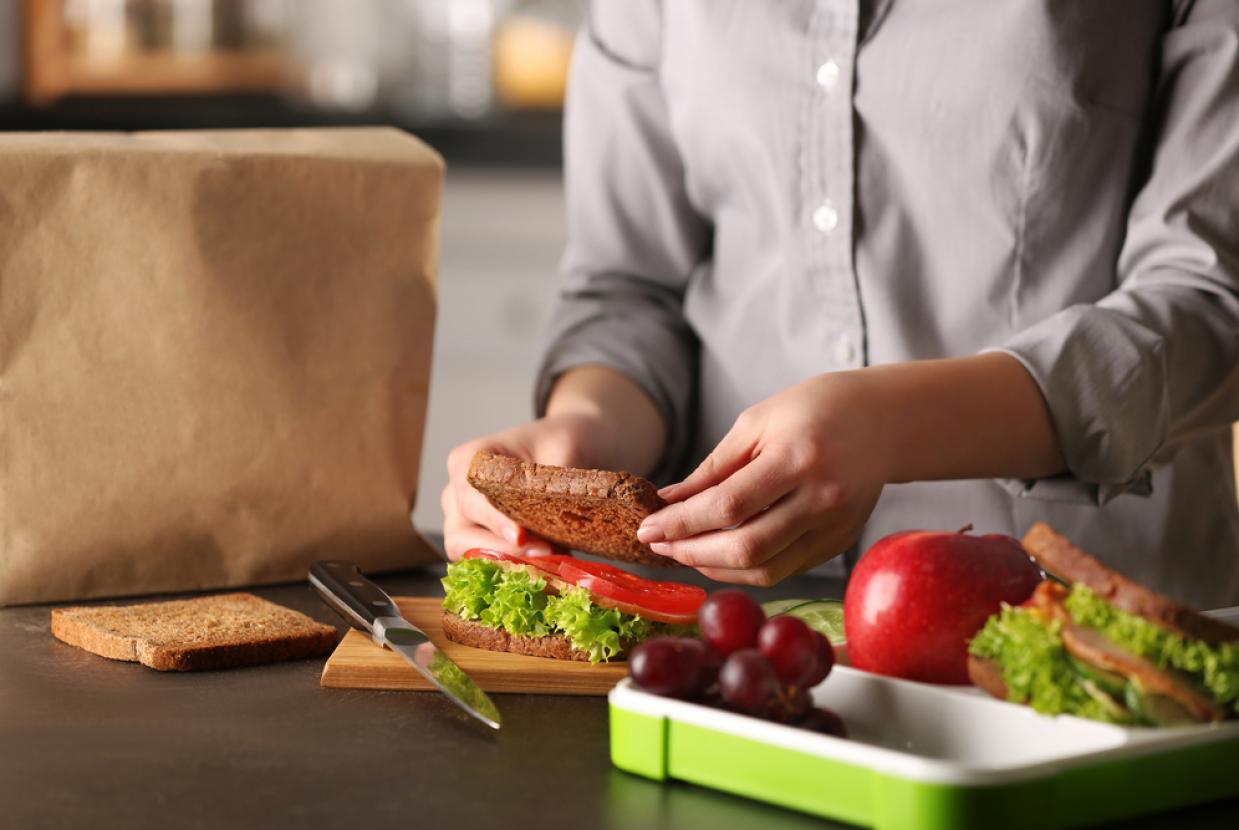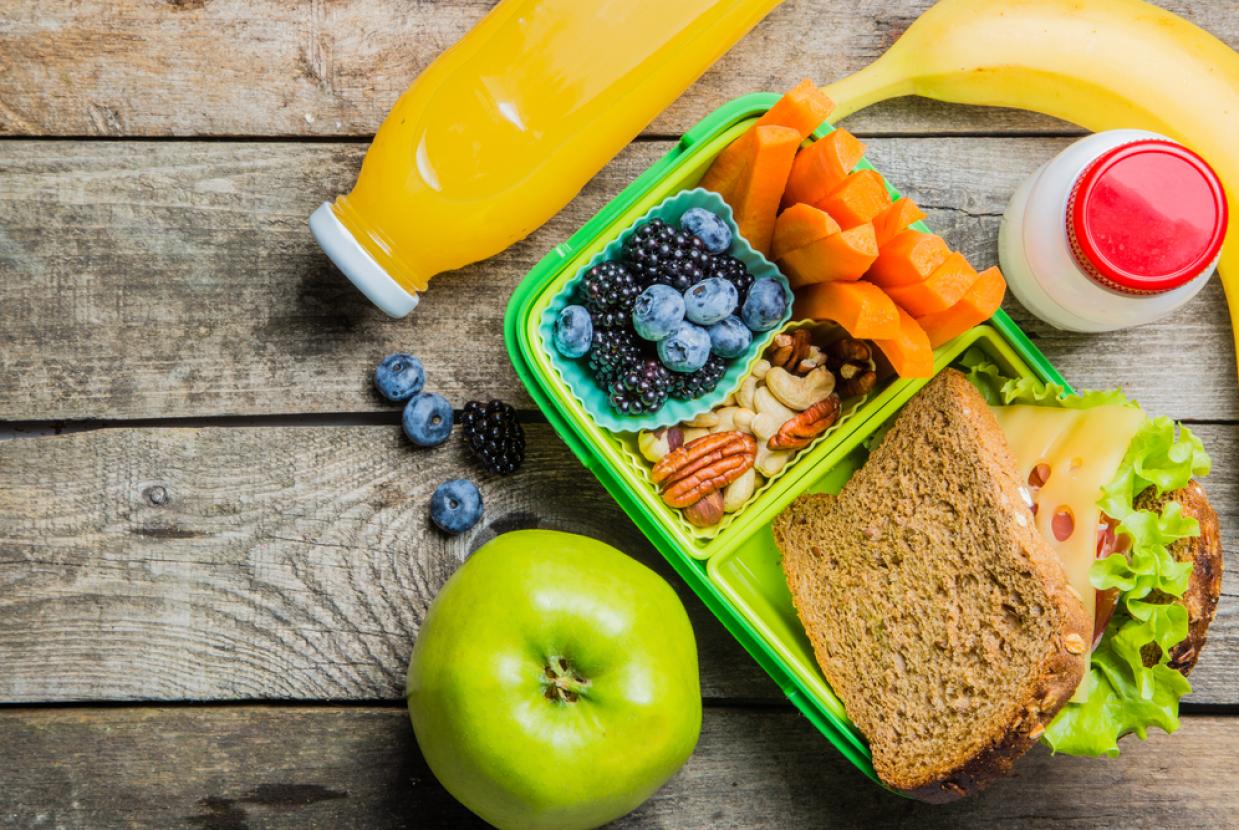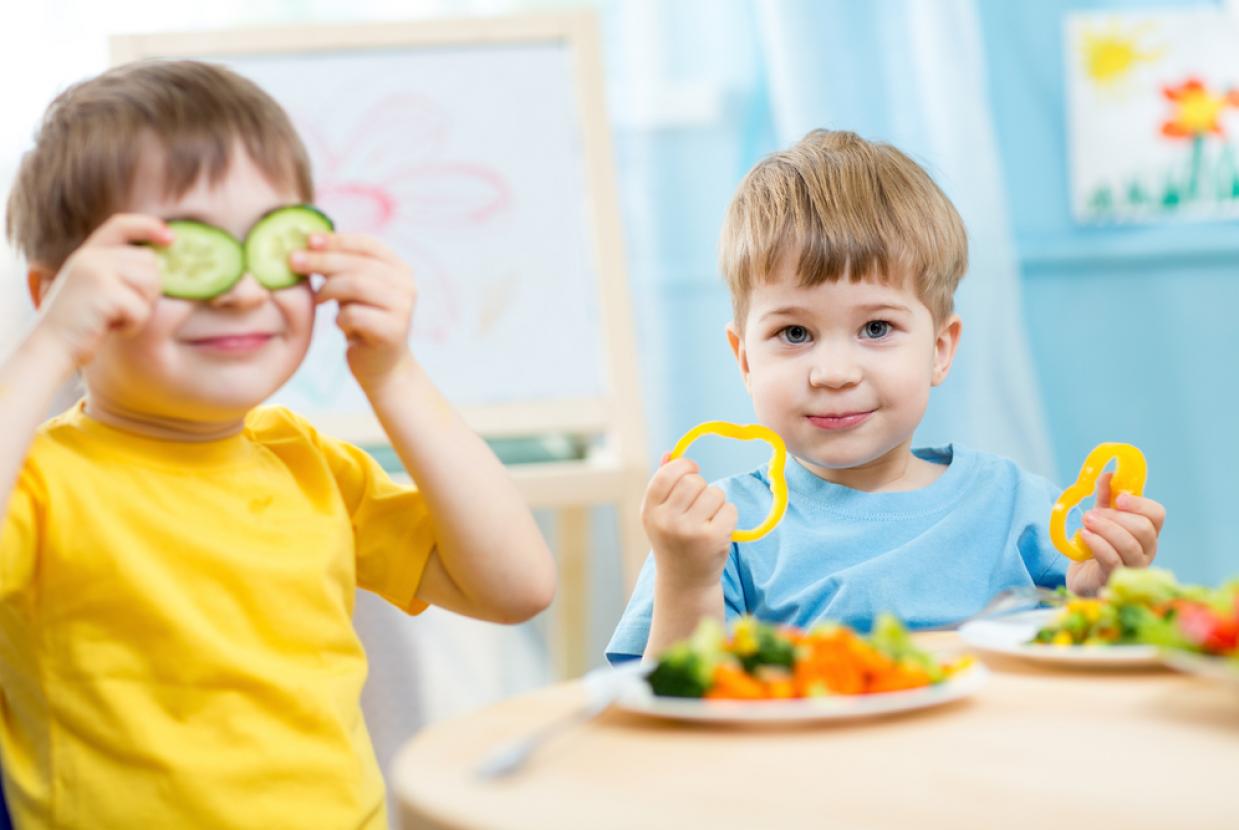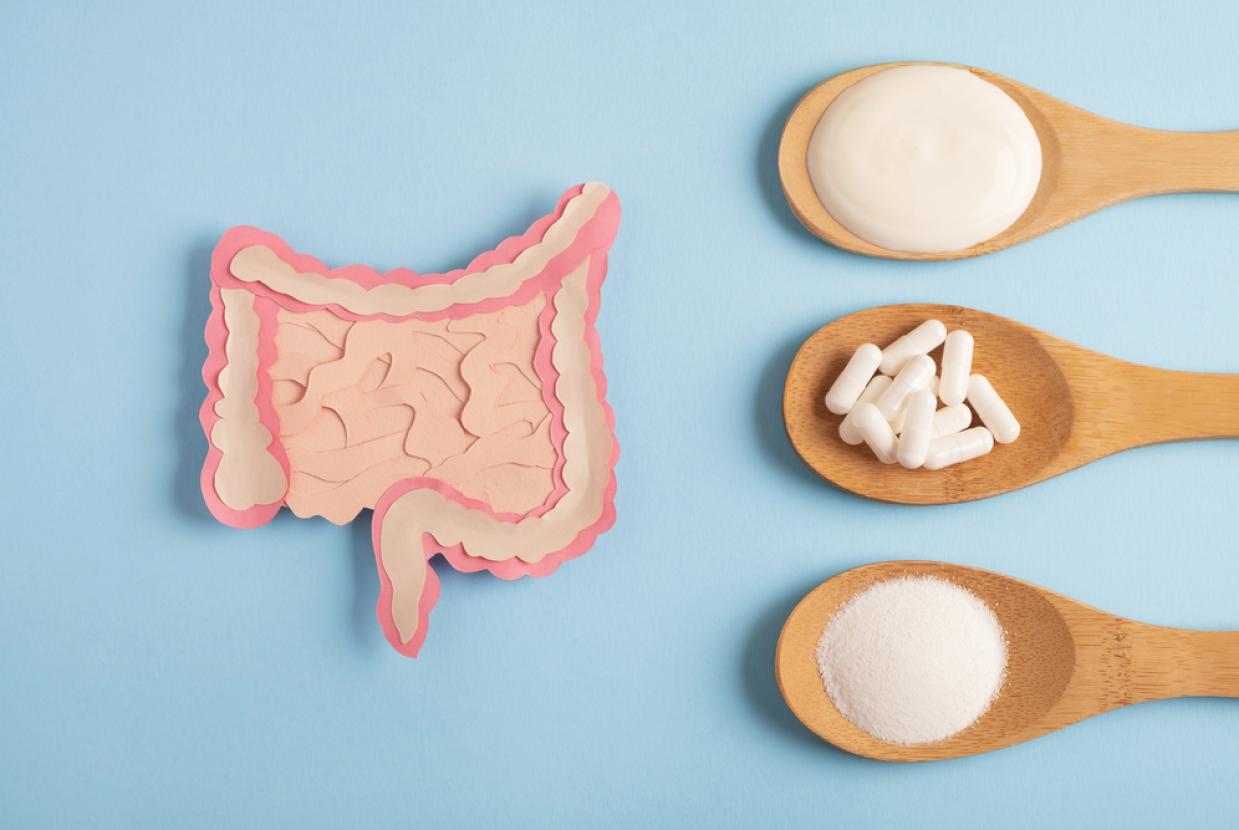Navigating The New Year Nonsense
Healthy DietDietitians ask the public to seriously question who they are getting their dietary advice from this January, to avoid potentially dangerous diets that have medical implications and may lead to disordered eating.
Having thousands, if not millions of followers on social media is not a reflection on knowledge or expertise, especially where nutrition is concerned. This is the message registered dietitians are asking people to consider before taking any kind of drastic action with their diets, this New Year.
Dietitians are constantly questioned about weight loss solutions that their patients or clients have heard about, often on social media, that they thought could work for them.
In 2023 alone, members of the British Dietetic Association (BDA), the professional body that represents over 11,000 members of the dietetic workforce across the UK, were asked about carb avoidance, weight loss gummies, a raw cleansing diet, products aimed at those going through the menopause that blast belly fat, the carnivore diet, pureeing foods, juice diets, cider vinegar for weight loss, as well as the fruit, egg and water fasting diet.
Caroline Bovey, Registered Dietitian and Chair of the BDA said, “Most of us wouldn’t take a drug to deal with a medical condition, without seeking medical advice or being confident that it had been properly tested. And yet, some of us are persuaded to completely change what we eat, often overnight, based on something someone with very little, if any, nutritional expertise says worked for them.
“Positive, healthy messages around food can often get lost at this time of year in favour of quick fixes with persuasive before and after photographs, that sometimes do more harm than good. As a profession, we want to make sure that for those people looking to make changes in 2024, they do so in the healthiest and safest way possible.”
Registered dietitian and BDA spokesperson Jennifer Low, said, “So many unqualified people are giving out nutrition advice. Often, because they do not have the training that registered dietitians and registered nutritionists have, they will be pushing their own health beliefs, rather than advice grounded in evidence and years of clinical practice.”
Another registered dietitian, Alexia Dempsey said, “We exist in a strange time where individuals who can have little to no dietary or medical training can offer nutrition and lifestyle advice to the masses. This is often due to a social media reach.”
It's easy to see why we get drawn in by quick fixes, especially when they are promoted by trusted public figures and role models. However, the medical implications of rapid weight loss can be extremely problematic and can also lead to disordered eating.
Jennifer said, “Diets are particularly attractive when they are promoted by someone we idolise and think has the perfect life.
“We also love results, and we love them even more when they are quick and painless, but the reality is far from this. Often when New Year - New You is being promoted it does not come from a healthy place, and it is almost always weight loss driven. It can also encourage disordered eating, which can easily progress to being a clinical eating disorder. Many of my clients, in fact, cite a fad diet as the beginning of their eating disorder.”
Talking about further dangers, registered dietitian and BDA spokesperson Anna Groom said, “Following poor advice and fad diets that cut out whole food groups can increase risk of nutritional deficiencies and unbalanced diets. Removing carbohydrate to lose weight may reduce total calorie intake but also reduces fibre intake, which can have a negative effect on the bowels, increasing likelihood of constipation, reducing promotion of healthy gut bacteria and also reducing B vitamins, which are important for energy release.”
The BDA is asking members of the public to critically appraise what they are watching or reading this New Year.
Anna said, “Always question what you are watching, do they remove a whole food group? Do they recommend one particular super food? Do they recommend a particular supplement? If in any doubt, seek out advice from trusted sources like the NHS and the BDA or get some support with the help of a registered dietitian.”
Other tips from the BDA include checking if the information is evidence based. This doesn’t mean seeing before and after photos! It’s important to check what the advice is based on, have there been multiple medical studies into it, for example?
Any advice you receive should also be supportive and take your individual needs into consideration. They should be talking about a healthy, balanced diet and suggesting you take a slow and steady approach.
The BDA also advises that you check who you are following and what you are looking at on social media. Social media can be a force for good, so stick to following reputable people with recognised qualifications in nutrition to get positive and healthy messages about food and nutrition instead.
Alexia said, “Whilst the New Year might lend itself for fresh or new starts, it doesn’t mean that 1 January is the right time to change for anyone.
“Big changes rely on willpower, which is hard to maintain long term. These off the shelf plans are often not sustainable for our social and cultural habits. They can’t meet the individual needs or requirements of everyone who follows them, so are often destined to fail, which is why we have to come back every year to talk about this subject.
“When these New Year - New You diets or lifestyle plans are offered they can seem like the answer to improving our self-esteem but the individual who is following them is unlikely to get the individual support needed to succeed. And, then when it doesn’t work out long-term, it drives their view of themselves lower.”
Anna concluded, “The New Year often comes with new ideas of needing to lose weight, get fit and making radical lifestyle overhauls. If goals and behaviour changes are not carefully considered and planned then they are unlikely to be successful for sustained periods of time.
“Whilst I would always encourage positive behaviour change to improve health it should not be forced onto someone or make people feel they have to do it to comply - it should always be an empowered personal choice.”
Click here to view our Healthy Diet content.


